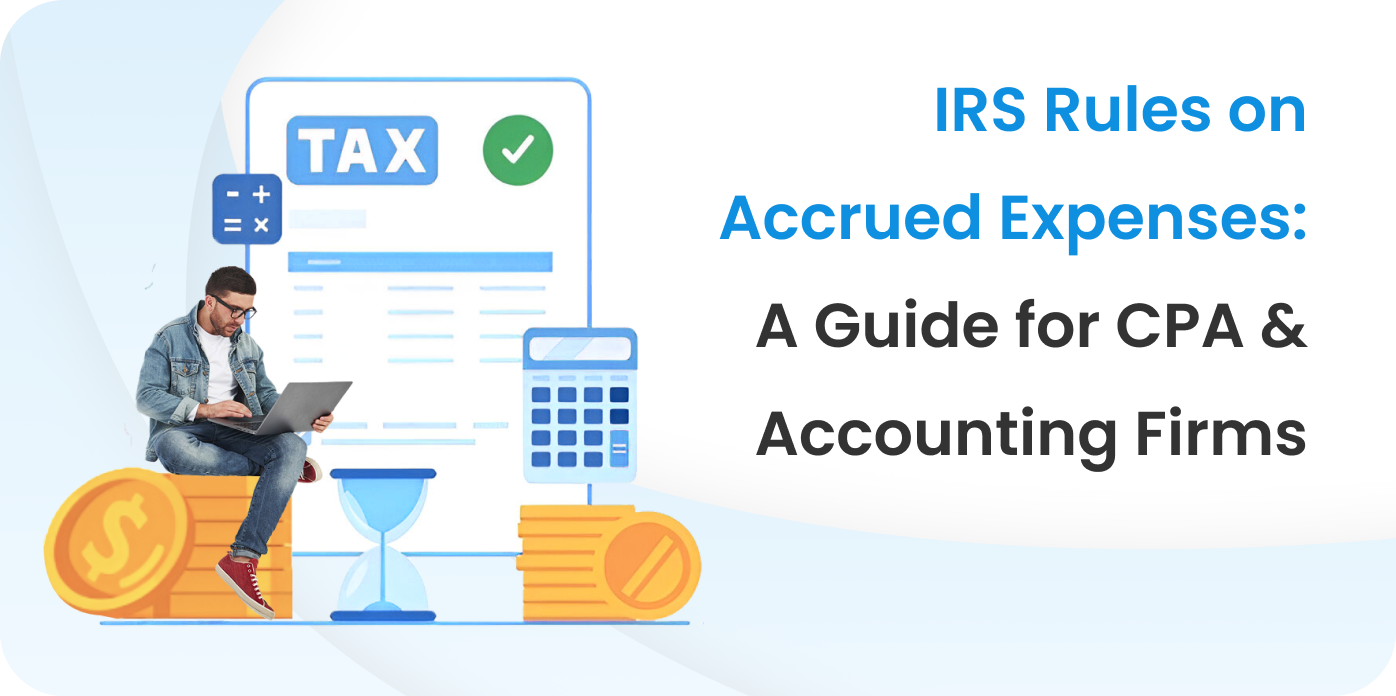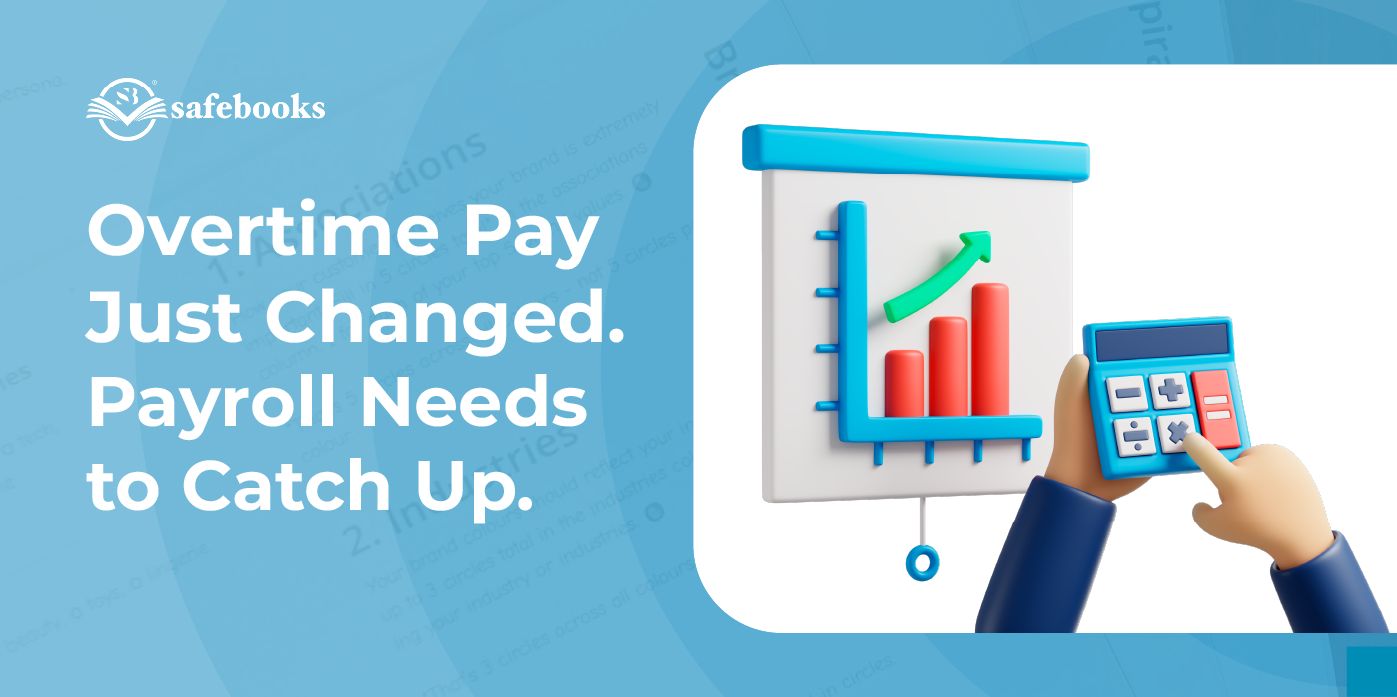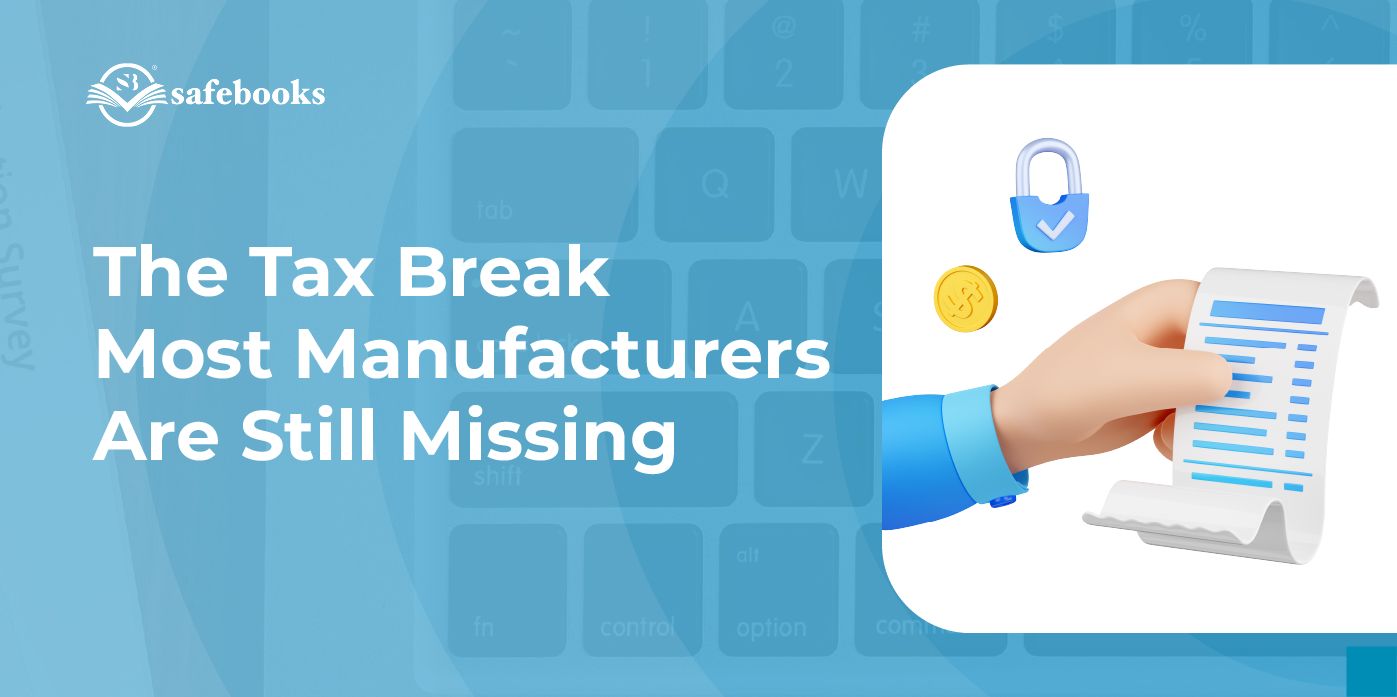Accrual method taxpayers often ask: “Can I deduct this expense if I haven’t paid it yet?” The answer depends on whether you meet the IRS’s strict conditions for timing and recognition. Understanding the rules around accrued expenses is essential for tax compliance and financial accuracy.
This guide breaks down the key IRS rules, supported by real examples, and provides clarity on what’s deductible, what’s not, and how to avoid common missteps.
Understanding the Three-Part All Events Test
Under Section 461 of the Internal Revenue Code, a taxpayer using the accrual method must satisfy three conditions before deducting any accrued expense:
1. Fact of Liability
The liability must be fixed. This means there’s no uncertainty about whether the taxpayer owes the amount. For example, a contract signed and service delivered qualifies as fixed, but a conditional bonus does not.
2. Reasonable Accuracy
You must be able to reasonably estimate the amount of the liability. It doesn’t have to be exact, but vague assumptions won’t pass IRS scrutiny.
3. Economic Performance
This refers to when the service or goods were actually provided. For services, economic performance occurs when the service is delivered. For property or warranty-related costs, the timeline is different.
Bonus Deductions and the 2.5-Month Rule
Bonuses can be deducted in the accrual year if:
- The total pool is fixed by year-end
- Any forfeitures are reallocated to employees (not reverted to the employer)
- Payments are made within 2.5 months after the tax year ends
Example: ABC Corp sets a $500,000 bonus pool in December 2024. Individual allocations are decided and paid by March 10, 2025. Because the amount was fixed and paid within 2.5 months, ABC can deduct the full amount in 2024.
Source: IRS Revenue Ruling 2011-29
What Is the Recurring Item Exception?
Under Section 461(h)(3), this exception allows deductions before economic performance when:
- The all-events test is met by year-end
- The item is recurring and consistent
- Economic performance occurs within 8.5 months of year-end
- The amount is either immaterial or matches income better
Common use cases:
- Utilities with year-end accruals
- Property taxes
- Insurance premiums under the 12-month rule
- Routine maintenance
This exception does not apply to torts, contract breaches, or legal fines.
How Vacation Pay Deductions Work in Practice
XYZ Company accrues $75,000 in unused vacation pay by December 31, 2024. Because the amount relates to services already rendered and is reasonably determinable, it qualifies. Economic performance is considered to occur as employees earn time off.
If it’s paid after 2.5 months or tied to future work, the deduction would be disallowed.
Related Party Rules You Need to Know
Section 267 disallows deductions for accrued expenses to related parties until the payee includes the amount in income.
This includes:
- Shareholders with more than 50% ownership
- Family members
- Controlled subsidiaries
Example: An S-corporation that accrues but doesn’t pay salaries to shareholder-employees cannot deduct the salaries until the employees report the income.
Deducting Warranty Costs: Proceed with Caution
You may estimate warranty costs using historical data, but the deduction is only allowed when economic performance occurs, meaning the service or repair must actually be performed.
Source: IRS Technical Advice Memorandum 200943019
Avoid These Common Mistakes
- Accruing based on projected need, not actual obligation
- Overestimating accrued amounts
- Deducting without evidence of economic performance
- Applying the recurring item exception to disqualified expenses
- Failing to track related-party timing rules
- Lack of documentation
Real-World Example: Bonus Pool Deduction
A CPA firm sets aside $300,000 for bonuses in December 2024. Payments are made by March 10, 2025, and all unallocated amounts are redistributed among the employees. Because the pool was fixed, payment was timely, and the bonuses didn’t revert to the employer, the deduction is valid for the 2024 tax year.
Documentation: Your First Line of Defense
Make sure your records include:
- Contracts or board resolutions
- Bonus pool calculations
- Audit trail of performance dates
- Payment confirmations
- Notes on recurring item qualifications
Expert Insight
“Accrual method deductions are all about timing, clarity, and documentation. We train our clients to follow IRS rules like the all-events test with precision because one missed step can lead to denied deductions. The goal is simple: stay compliant and ready for review, always.”
-Shivangi Agarwal
Managing Director (CA, CPA USA), SafeBooks Global
Accuracy Matters More Than Timing
When it comes to accrued expense deductions, understanding the IRS’s three-part test and exceptions can mean the difference between a valid deduction and a denied one. It’s not just about reducing your tax bill; it’s about protecting your firm from audits and penalties.
Staying current with these rules helps you optimize timing while remaining fully compliant. If your firm frequently deals with accruals, consulting a specialized accounting partner can add clarity and confidence.
Need clarity on IRS deduction rules for accrued expenses?
At SafeBooks, we help U.S.-based CPA and accounting firms apply complex tax rules like the all-events test and recurring item exception with accuracy and confidence. Whether you’re managing bonus pools, payroll accruals, or recurring liabilities, our remote accounting professionals are trained to align with IRS standards and deliver reliable, audit-ready books.
Get in touch with us to explore how our remote team can support your tax planning, year-end compliance, and day-to-day accounting needs.
FAQS
What is the all-events test in accrual accounting?
Can I deduct bonuses if the exact employee distribution isn’t known?
What qualifies under the recurring item exception?
When are related-party expenses deductible?
Is a warranty reserve deductible in the year of accrual?
-

Director (CA, CPA (USA))
Shivangi is a U.S.-certified CPA and Chartered Accountant with deep expertise in U.S. tax, financial reporting, and audit compliance. She has supported CPA and EA firms across sectors like real estate, SaaS, and healthcare. At SafeBooks, she leads global delivery, ensuring every remote accounting team meets U.S. standards with accuracy, discipline, and client-first execution.




